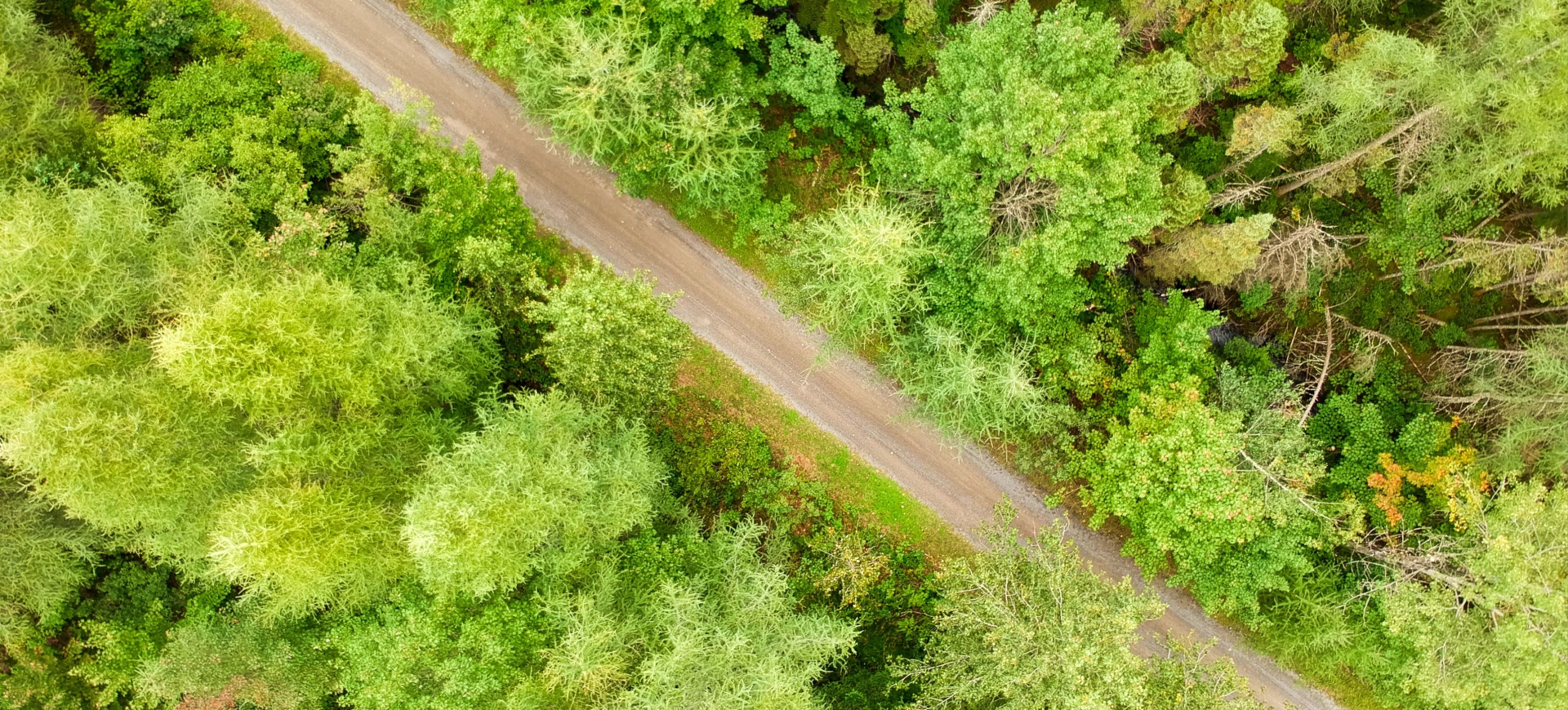Canada at the G20: choosing progress
The G20 was founded on the idea that countries can work together to find shared solutions to shared challenges. By hosting a forum with members from around the world whose leaders may not see each other regularly, we create opportunities to make progress on the greatest issues of our time.
Canada has played a leadership role in the creation and continued significance of the G20. In 1999, Canadian finance minister Paul Martin fought for its creation and served as the G20’s first chair. His vision was an inherently Canadian one – to focus on translating the benefits of globalisation into higher outcomes and better opportunities. In short, making life better and fairer for people around the world.
The past decade was marked by major change and compounding challenges – a global pandemic, a climate crisis, devastating conflicts, technological leaps and economic shocks. With this unprecedented change, there has been a divergence in approaches and priorities within the G20. While countries like Canada are choosing democracy and progress, others are becoming increasingly autocratic, fracturing peace, stability and the rules-based international order. This runs counter to the values that the G20 was founded upon.
This year, as I attend my 10th G20 summit as Canada’s prime minister, we face some of our greatest challenges yet. Under Brazil’s presidency, the G20 has focused on the theme of ‘Building a Just World and a Sustainable Planet’, mounting an important agenda focused on addressing inequalities and achieving sustainable development. At this year’s summit, Canada will work to strengthen democracy, take climate action, defend global security and make progress on the United Nations Sustainable Development Goals.
Communities around the world are already facing the devastating impacts of climate change. In Canada, we have witnessed the most destructive forest fires in recent years. Similar natural disasters have wreaked havoc across the globe. That is why our shared work must start with progress to protect our planet and transition to clean energy. Taking bold climate action will cut emissions, create well-paying jobs and put us back on track to achieving the Sustainable Development Goals. Aligning G20 priorities with the Paris Agreement goal of limiting global temperature increase to 1.5°C above pre-industrial levels will go a long way in achieving this endeavour.
As we build stronger economies, we must also empower communities who are disproportionately affected by climate change, such as women and girls and Indigenous peoples. Importance must also be given to new technologies, such as artificial intelligence, which are developing rapidly. As we build resilient economies and supply chains, we need to close digital divides, improve digital literacy, increase awareness about misinformation and disinformation, and write the rules of the road for AI together, so that it works for us and not against us.
Canada’s work also extends to gender equality, bolstered by the G20 Alliance for the Empowerment and Progression of Women’s Economic Representation as well as the Women 20 and other civil society engagement groups. With the new G20 Empowerment of Women Working Group, convened for the first time this year, Canada will maintain the momentum on gender equality. As inequalities between and within countries continue to rise, Canada remains committed to improving our multilateral institutions to ensure they work better, including for the middle class.
The reality is that we cannot make progress on G20 priorities without addressing the accountability of some of its members. Russia’s illegal invasion of Ukraine was a direct attack on sovereignty, territorial integrity and human rights. In the face of Russia’s attack, Ukraine fought back, and Canada’s support for Ukraine remains steadfast. Ukraine is fighting for its culture and identity, and for democracy – and Canada will stand with it for as long as it takes.
Like many other G20 members, Canada is deeply concerned about the humanitarian crisis in Gaza and the terrible situation faced by the civilian population. Canada calls for an immediate ceasefire, for the release of all remaining hostages, for de-escalation and for all parties to respect international law. We must also continue to respond to the humanitarian needs of the Haitian people. Canada supports the Multinational Security Support mission in the country, as well as Haitian-led solutions to the conflict that will make a meaningful difference in helping the country address its immediate needs and create a better, more prosperous future for its people. Putting an end to wars and conflict and the immense suffering and devastation faced by affected populations – whether in Ukraine, the Middle East, Haiti, Africa or elsewhere – is imperative for building a thriving global economy.
There is a lot of work ahead of us at this summit amid massive challenges, intense disagreements and a rising tide of distrust in our institutions. It is up to countries like Canada to step up. In the face of these challenges, Canada will not falter. Canada will not waver. Canada chooses progress. At this year’s G20 summit, we will deliver concrete results and build a world that’s better, fairer and more prosperous.












